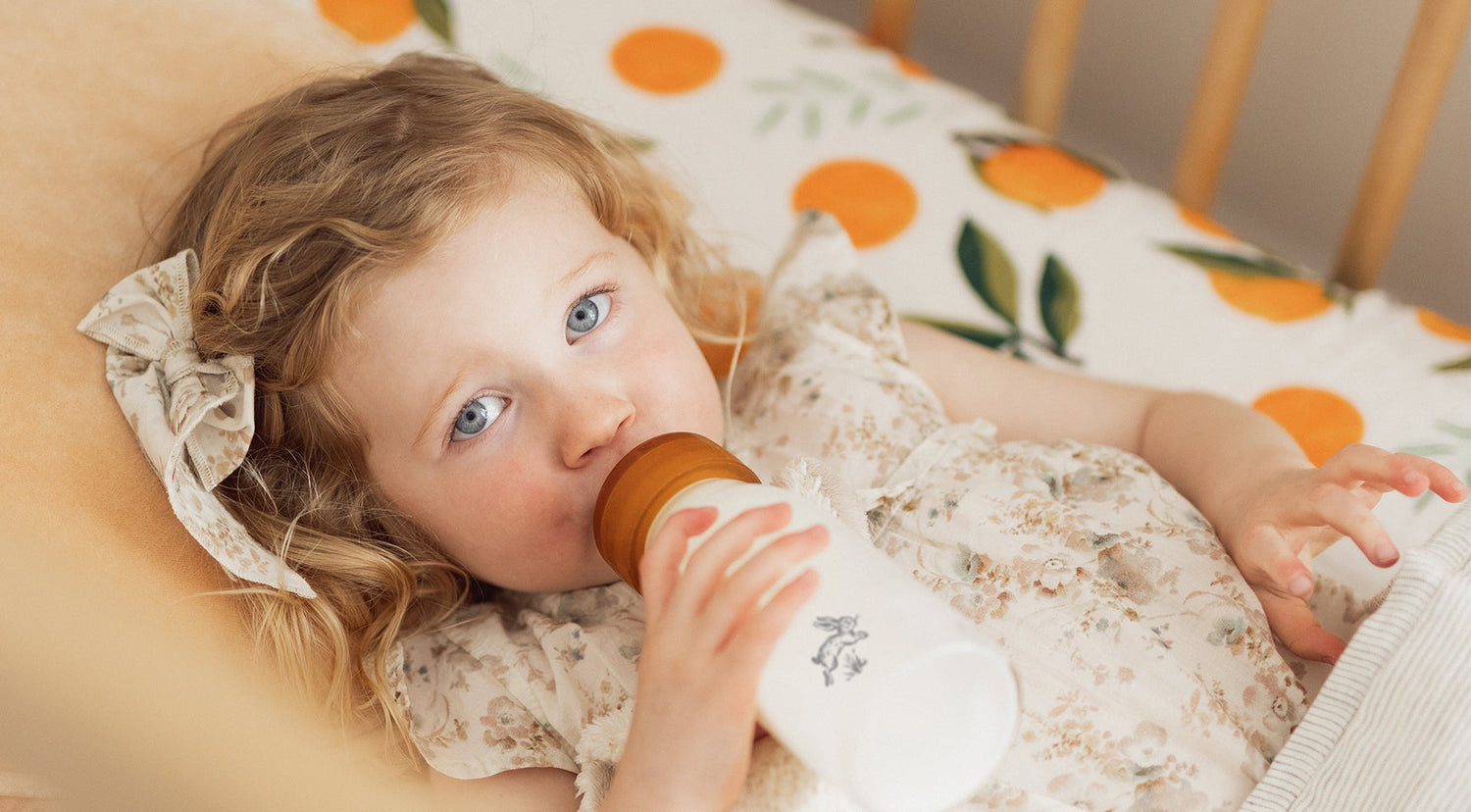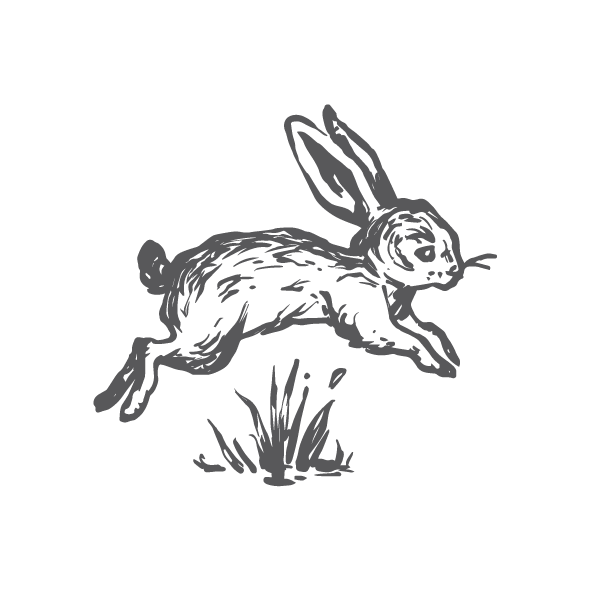Good sleep. It’s what every parent strives for, but this can often be quite a challenge to say the least! To give your baby the best chance of sleeping well during the day and at night, here are our top tips to create the ideal sleep conditions to help your baby settle easier and achieve good sleep.
1. Make sure they're perfectly ready for sleep
This is the most important advice we can give you. Baby sleep is a delicate balance between the right amount of day sleep to get through the day and the right amount of awake time between naps to avoid over or under tiredness (which can both result in poor naps and a lot of night waking). Your baby's sleep needs change very dramatically in the first couple of years of their life and it is important to stay on top of all the changes. For example, if your baby is being put to bed too early, after not having the right amount of awake time for their age, they will be very difficult to settle, may resist napping, or only nap for short periods each time.
2. Ensure the room is dark enough
This can be done using blackout blinds or simply by putting a dark sheet or blanket under or over the existing curtains. Babies do not fear the dark; in fact, like most mammals, they actually find the dark comforting, calming and safe. No need for a nightlight and if you have anything in the room such as a monitor with a small light on it, you might think about covering it as the light can be very stimulating to babies, making it hard for them to settle or stay asleep for long periods.
3. Play white noise
This is a great tool for young babies but it also helps older babies settle and sleep for longer, too. White noise works in a couple of ways: it replicates the loud whooshing sounds babies hear in the womb, sounds that can be louder than a vacuum cleaner in utero. Hearing white noise triggers the calming response in babies, letting them tune into the noise, especially if they are overtired, overstimulated or crying. White noise also disguises any sounds from the household which might startle or wake a sleeping baby.
4. Introduce a cuddly or comforter
Introduce a cuddly or comforter when it is safe to do so. Having a little buddy for sleep is a great tool to use as a baby-controlled sleep association. If they associate the comforter with bed time and sleep, it will work as a strong signal to your baby when it is bedtime. Choose a comforter that is washable, preferably one that you can purchase two of (so you can interchange them when you need to wash one!). Keep the comforter close to you for a few days, in your bed, under your top or next to you and baby whilst feeding so it absorbs your scent. Then give it to your baby for every nap and at night-time.
5. Sleep your baby in their own bed
If your baby is good and ready for sleep (see the first point, above), settling them in their bed is a great way to help your baby understand that their bed is where they fall asleep when they're tired. This will establish and lock in excellent sleep habits for months and years to come.
6. Try swaddling (for babies under five months)
Using a swaddle for babies under five months old can certainly help your baby settle and sleep well. Swaddling replicates the tight, confined feeling of being in the womb and ensures babies can’t wake themselves up with their startle reflex. By the time your baby reaches between four to five months, they start to lose their startle reflex and you can begin to wean them off the swaddle and into a baby sleeping bag.
7. Try a baby sleeping bag or sleep sack (for babies over four months)
Using a baby sleeping bag can work as a cue for your baby that they are going down for a nap or for bedtime. It’s a really good positive sleep association to develop. Sleeping bags also help keep your baby at a regular temperature. Often babies wake in the night or early morning due to being too cold. We can sometimes misinterpret their waking for hunger or a settling issue and end up feeding or rocking or resettling our babies, which can in turn actually then create a waking habit (in babies older than six months). We recommend sleeping bags that are made of natural fibres – such as cotton, wool, bamboo or merino – as these are much safer for your baby and will mean they won’t overheat.



